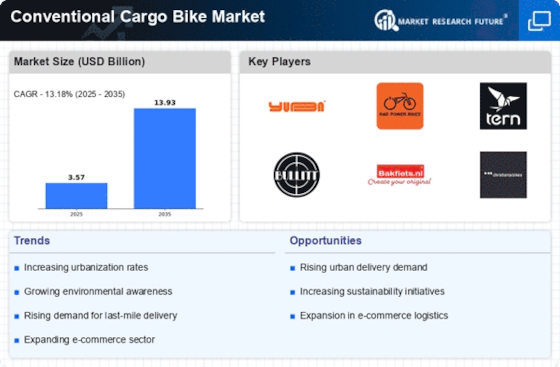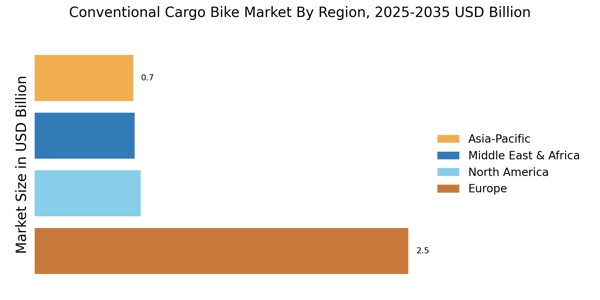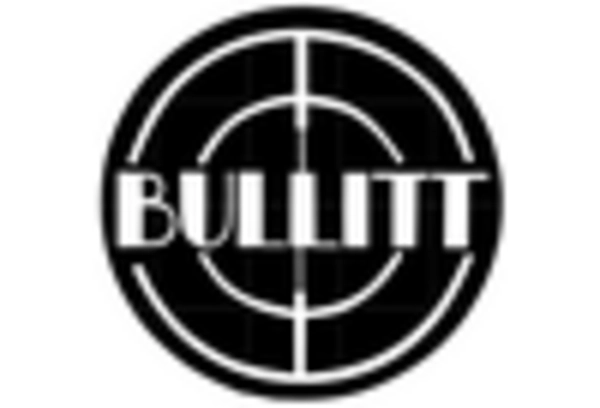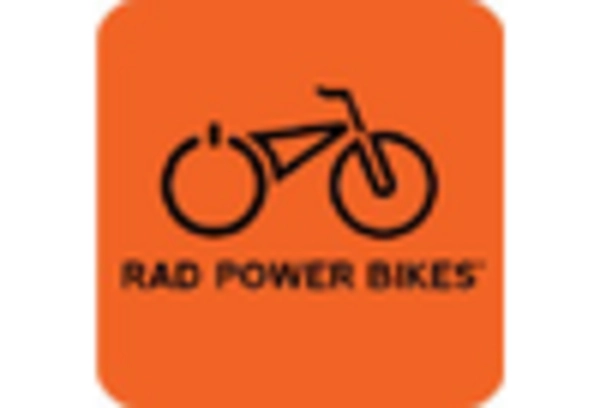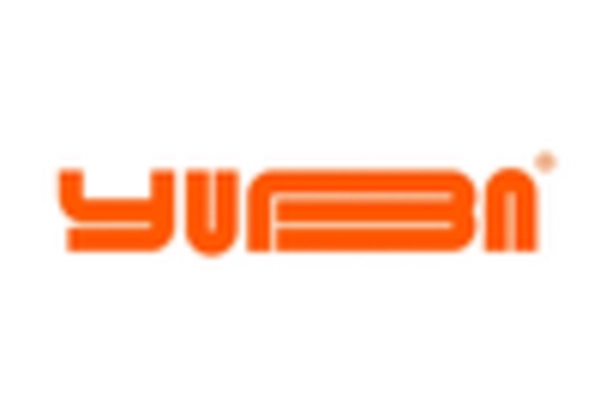Health and Environmental Awareness
There is a growing awareness of health and environmental issues among consumers, which is influencing their transportation choices. The Conventional Cargo Bike Market is likely to benefit from this shift as more individuals and businesses prioritize sustainable practices. Cargo bikes not only reduce carbon emissions but also promote physical activity among users. This dual benefit aligns with the increasing consumer preference for eco-friendly and health-conscious options. As awareness campaigns and educational initiatives continue to highlight the advantages of cycling over motorized transport, the Conventional Cargo Bike Market may experience a surge in demand, particularly among environmentally conscious consumers.
Government Initiatives and Incentives
Government policies and initiatives aimed at promoting sustainable transportation are likely to bolster the Conventional Cargo Bike Market. Various regions are implementing incentives for businesses and consumers to adopt eco-friendly transport solutions. These initiatives may include subsidies, tax breaks, and infrastructure investments that facilitate the use of cargo bikes. For instance, some municipalities are developing dedicated bike lanes and parking facilities, enhancing the practicality of cargo bikes for commercial use. As governments increasingly recognize the environmental benefits of reducing vehicular emissions, the Conventional Cargo Bike Market stands to gain from these supportive measures, potentially leading to increased adoption rates among businesses and consumers alike.
Rising E-commerce and Delivery Services
The surge in e-commerce has transformed consumer expectations regarding delivery speed and efficiency. As online shopping continues to rise, the Conventional Cargo Bike Market is likely to benefit from the growing demand for rapid delivery services. Cargo bikes offer a practical solution for urban deliveries, allowing businesses to navigate congested streets more effectively than traditional vehicles. Recent statistics indicate that the e-commerce sector is expected to expand further, with a significant portion of deliveries being made in urban areas. This trend suggests that the Conventional Cargo Bike Market could see increased investment from logistics companies seeking to enhance their delivery capabilities while adhering to sustainability goals.
Technological Innovations in Cargo Bikes
Technological advancements are playing a crucial role in the evolution of the Conventional Cargo Bike Market. Innovations such as electric assist systems, improved cargo management solutions, and enhanced safety features are making cargo bikes more appealing to a broader audience. These developments not only enhance the functionality of cargo bikes but also address common concerns related to performance and usability. As manufacturers continue to invest in research and development, the Conventional Cargo Bike Market is likely to see an influx of new models that cater to diverse consumer needs. This trend suggests a potential for increased market penetration as consumers become more aware of the benefits offered by modern cargo bikes.
Urbanization and Last-Mile Delivery Needs
The increasing trend of urbanization is reshaping transportation dynamics, particularly in densely populated areas. As cities expand, the demand for efficient last-mile delivery solutions intensifies. Conventional Cargo Bike Market appears well-positioned to address this need, offering a sustainable alternative to traditional delivery vehicles. In urban settings, where traffic congestion and environmental concerns are prevalent, cargo bikes provide a nimble and eco-friendly option. According to recent data, the last-mile delivery segment is projected to grow significantly, with a notable shift towards sustainable transport solutions. This trend suggests that the Conventional Cargo Bike Market could experience substantial growth as businesses seek to optimize their delivery operations while minimizing their carbon footprint.


